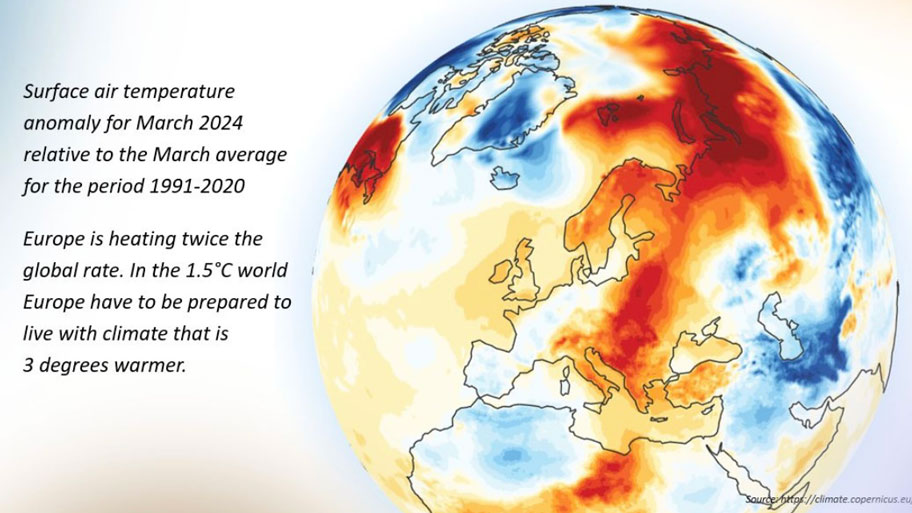
These were just some of the messages coming from participants in the workshop series entitled ‘Building Climate Resilience and Smart Energy Systems’ organised by Ecocivilisation and led by Dr Violeta Bulc and local partners in Tirana, Pristina, Skopje, Belgrade and Banjaluka between the 16th and 20th of September 2024. This initiative is aimed to foster meaningful dialogue among participants, enhancing understanding and raising awareness of the urgent need to advance the energy transition and strengthen climate resilience in the region. Based on this, participants coming from different sectors (connected to energy and climate issues) took the climate-energy discussion from theory to practice during the workshops.
- None of the countries has a well needed energy mix; all depend on one dominant source and even though that some have hydro energy source as the dominant one, it is challenged by unstable water conditions. Recommended action: Ongoing projects to support investments in energy mix (solar, water, wind, coal (in a transitional period) with investments in filters to lower the impact of emissions on health).
- Energy infrastructure is old and not fit for editing renewable sources of energy to it even if available. Recommended actions: support projects in the region to modernise the transmission and the access grid to be fit for the energy mix.
- All countries in the region are missing an effective cross-border energy connectivity, therefore, none can fully utilise the regional Energy Community; there is no energy storage unit to be able to maximise the renewable energy sources. Recommended action: encourage a more efficient cross-border collaboration with a possible joined investment in an energy storage device that could serve the Regional Energy Community.
- The level of awareness of the general public about climate change is low. Recommended action: ongoing workshops on raising climate awareness, possibly sector focus (agriculture, energy, transport, health)
- There are reliable and professional partners in the region that could help delivering more targeted project related to the mitigation of climate change in the future.
- All Western Balkan countries are increasingly vulnerable to climate extremes, such as heatwaves, floods, and erratic rainfall, driving a need for resilient energy systems and adaptive solutions across sectors.
- Renewable energy initiatives are gaining momentum across the region, particularly in Albania and North Macedonia, as countries transition from coal and embrace solar, wind, and other sustainable sources to mitigate the impacts of climate change.
- Experts emphasise the importance of integrated, multi-sectoral approaches that link energy, infrastructure, public health, and mental well-being to address the broader social, economic, and environmental impacts of climate change.
- Climate impacts are pushing young people to reconsider traditional livelihoods, such as agriculture, towards opportunities abroad, further emphasising the need for sustainable development and job creation within the region.
As climatologist Oleksandra Heraskina highlighted in the climate part of the workshops, Europe is heating at twice the global rate, but in the 1.5°C scenarios, people in the Western Balkans must be prepared to live with a climate that is 3 degrees warmer. The World Meteorological Organization (WMO) report confirmed that 2023 was the warmest year on record, with the global average near-surface temperature at 1.45°C above the pre-industrial baseline, reminded Heraskina. Showing the comparison between climate risks and vulnerability between the Western Balkans and EU countries, Heraskina highlighted that heat waves across this region are expected to increase in intensity, duration and frequency, possibly by as much as six-to-eight times per year. On the other hand, climate change is a driver for interconnected social-economic security risks, as extreme weather events and groundwater depletion are leading to labour productivity, social fragmentation, water, food as well as energy security challenges, and poverty, which is tightly connected to increasing costs of living and further on political instability and violent conflict.
Climate challenges demand a holistic approach
“When an engineer gets a concrete problem to work on, he will immediately start searching for the solution!” Bulc assured participants of the Macedonian workshop, where a local partner was the Center for Environmental Research and Information -Eko-Svest. As an electrical engineer herself, Dr. Bulc invited participants to discuss painful topics with full transparency. “Next to the future infrastructure planning, it is crucial to act on re-adjusting existing infrastructure as well,” she highlighted.
Message from Serbia: It’s time to ‘walk the green talk’!
In this sense, participants in the Serbian workshop were putting forward key messages connected to the need for deeper environmental education, highlighting that raising climate awareness is a ‘must’ for all generations. They also noted that now is a good time to establish a ministry for community and societal engagement, and finally — that the time has come to really ‘walk the green talk’. What is needed is also:
- A systemic approach to tackling the challenges of climate change;
- Wider societal dialogue in the country;
- Citizens’ empowerment in becoming constructive climate agents;
- Addressing climate change issues in relations to mental health;
- Assuring just energy transitions by inventing in new job opportunities and professions aligned with the climate agenda.

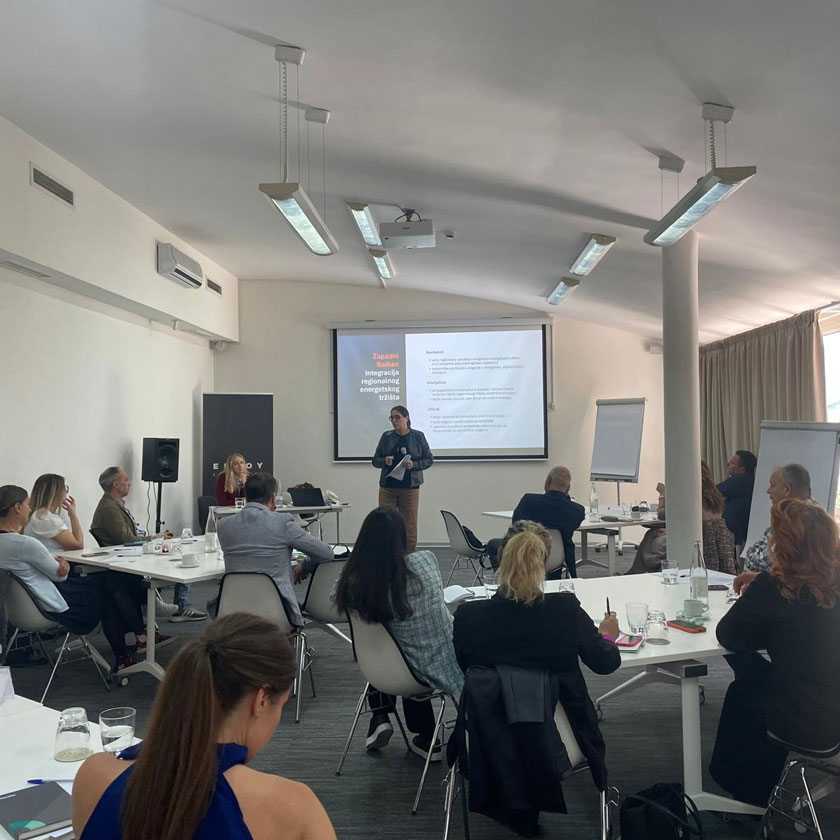
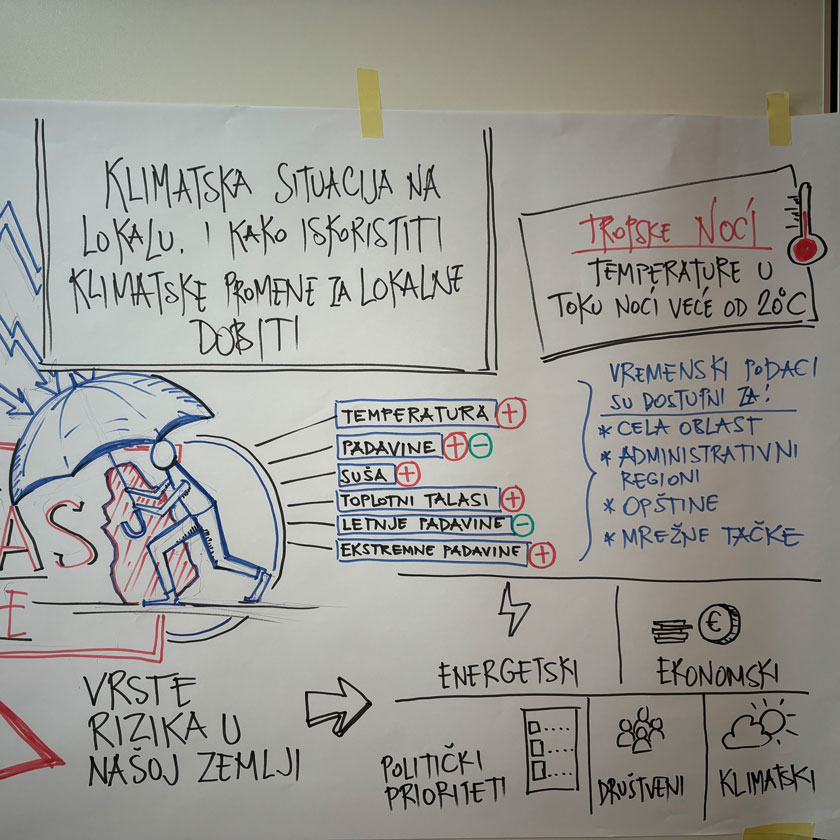
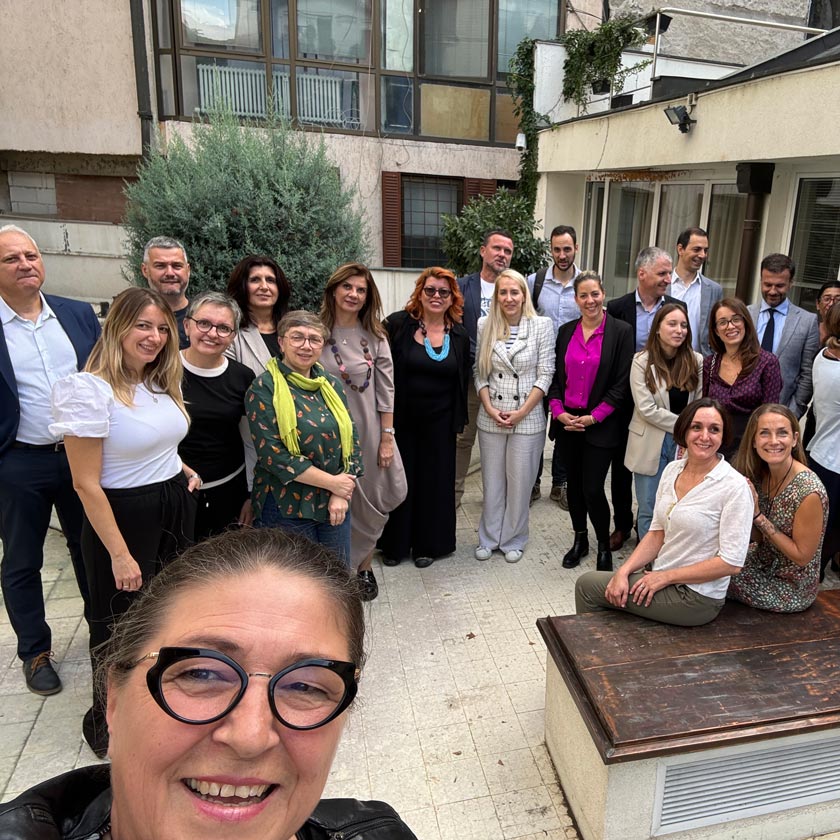
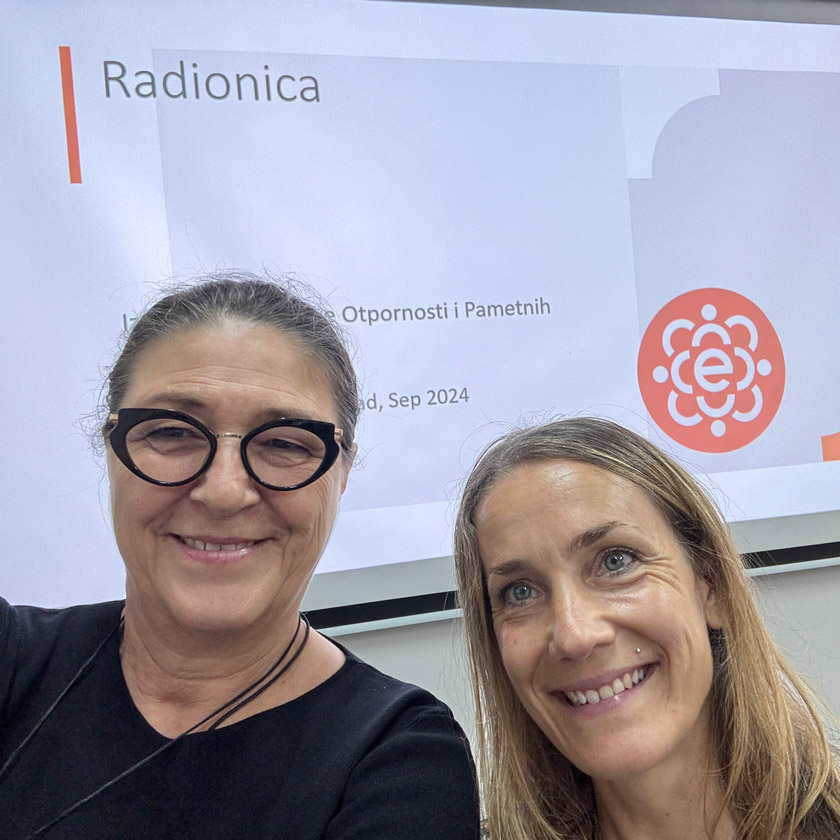
North Macedonia and Albania going (fully) renewable


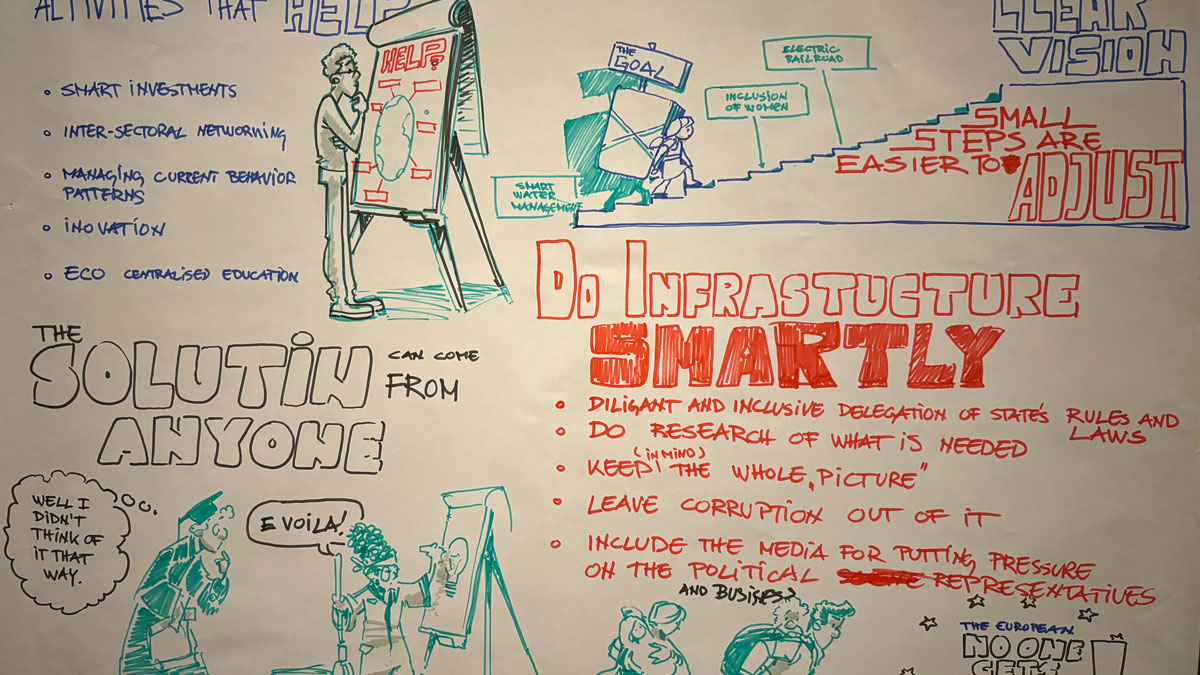
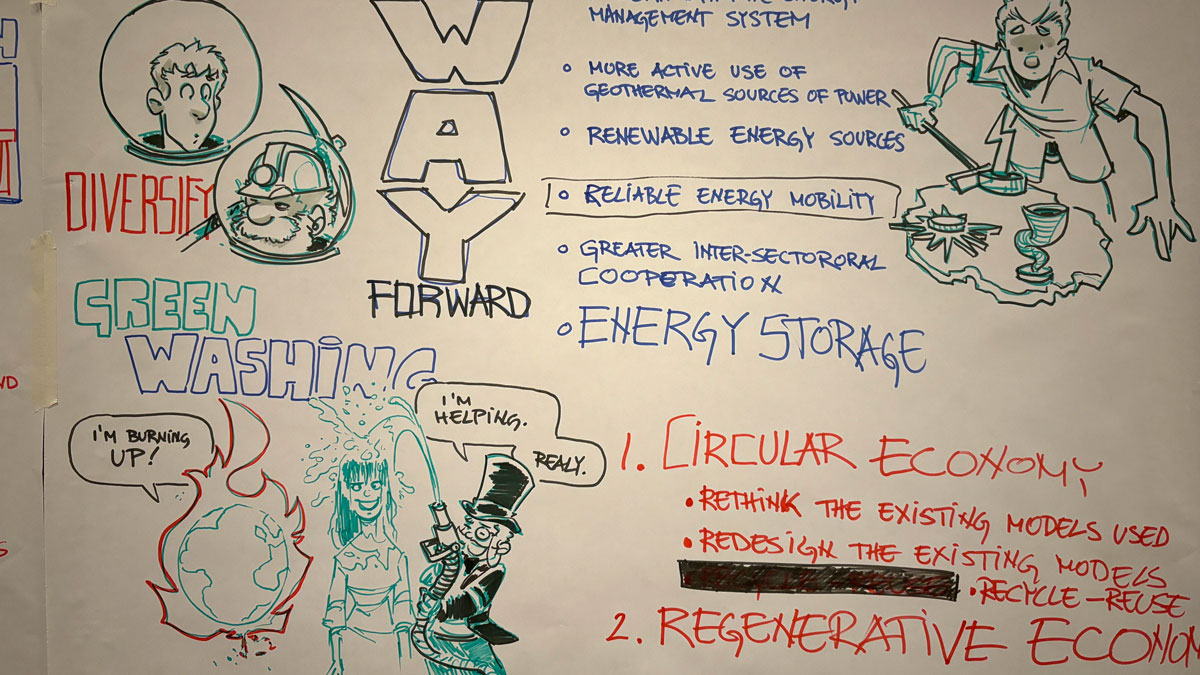
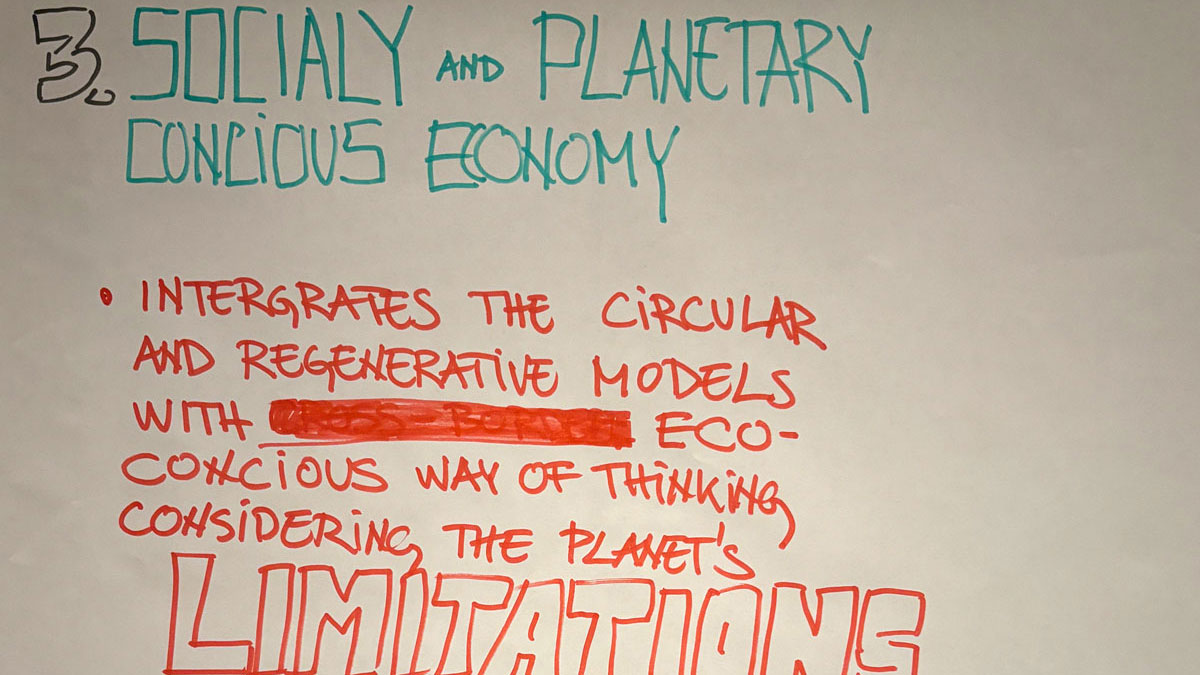
The Karavasta Solar Park, which will soon be one of the largest in the Western Balkans, is a clear indication of the country’s commitment to renewable energy. With a capacity of 140 MW, this project will further reduce Albania’s carbon footprint and contribute to the region’s energy stability. In 2023, Albania produced a total of 81 GWh of energy, with a significant boost coming from the country’s largest photovoltaic (PV) plant, which began operations at the end of the year with an installed capacity of 140 MW. Looking ahead, the national regulatory authority has licensed an additional 550 MW of PV capacity, and in July 2024, the government announced the winners of an auction for another 300 MW of PV plants. These developments reflect a significant expansion in renewable energy capacity, which could have a substantial impact on future energy production and investment, according to Albanian Deputy Minister Almira Xhembulla.
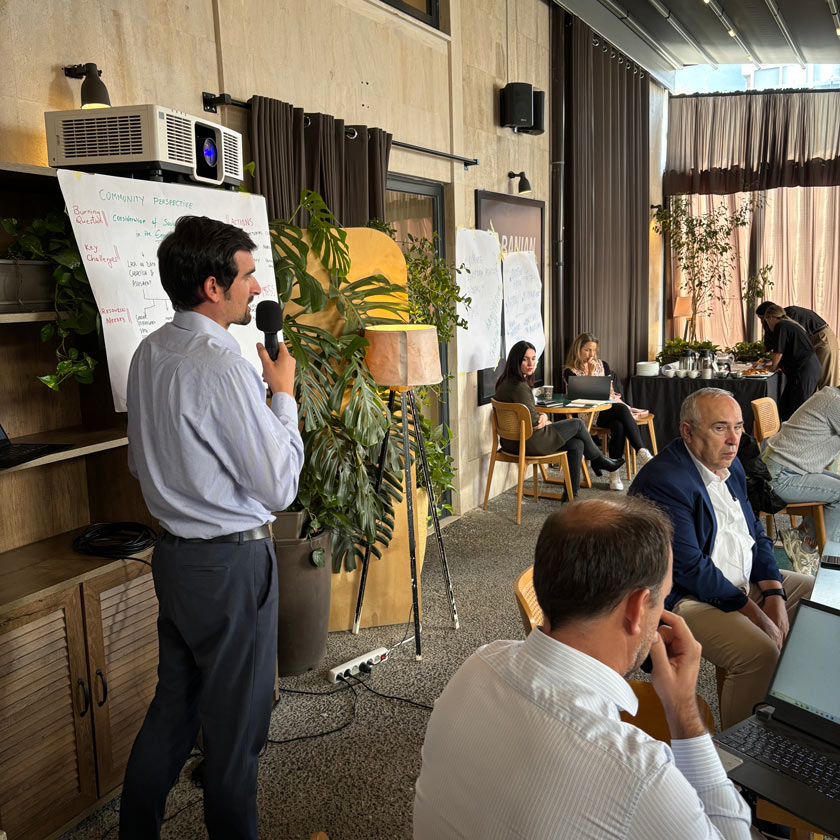
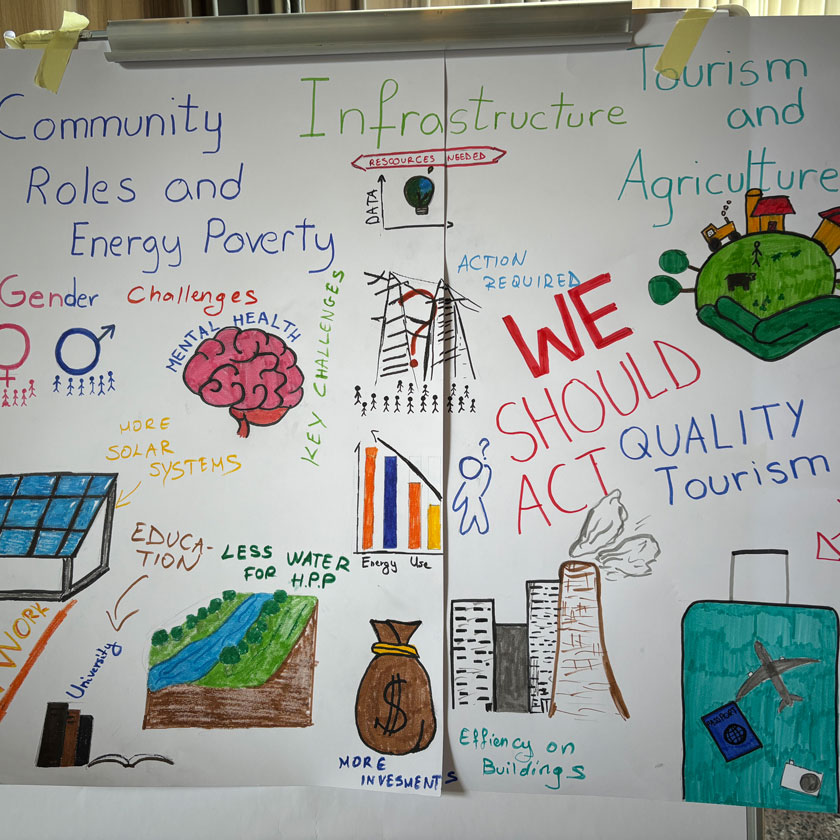
Bosnia and Herzegovina and Kosovo: Where problems turn into opportunities!
In this sense, in Bosnia and Herzegovina, the most important messages from the workshop were that life-long learning and eliminating corruption are crucial when talking about climate-energy challenges. Additionally, the full inclusion of young people, starting with children, in these discussions, alongside the empowerment of all citizens in decision-making processes, is essential to influence political leaders to take the necessary steps toward a more sustainable energy future.
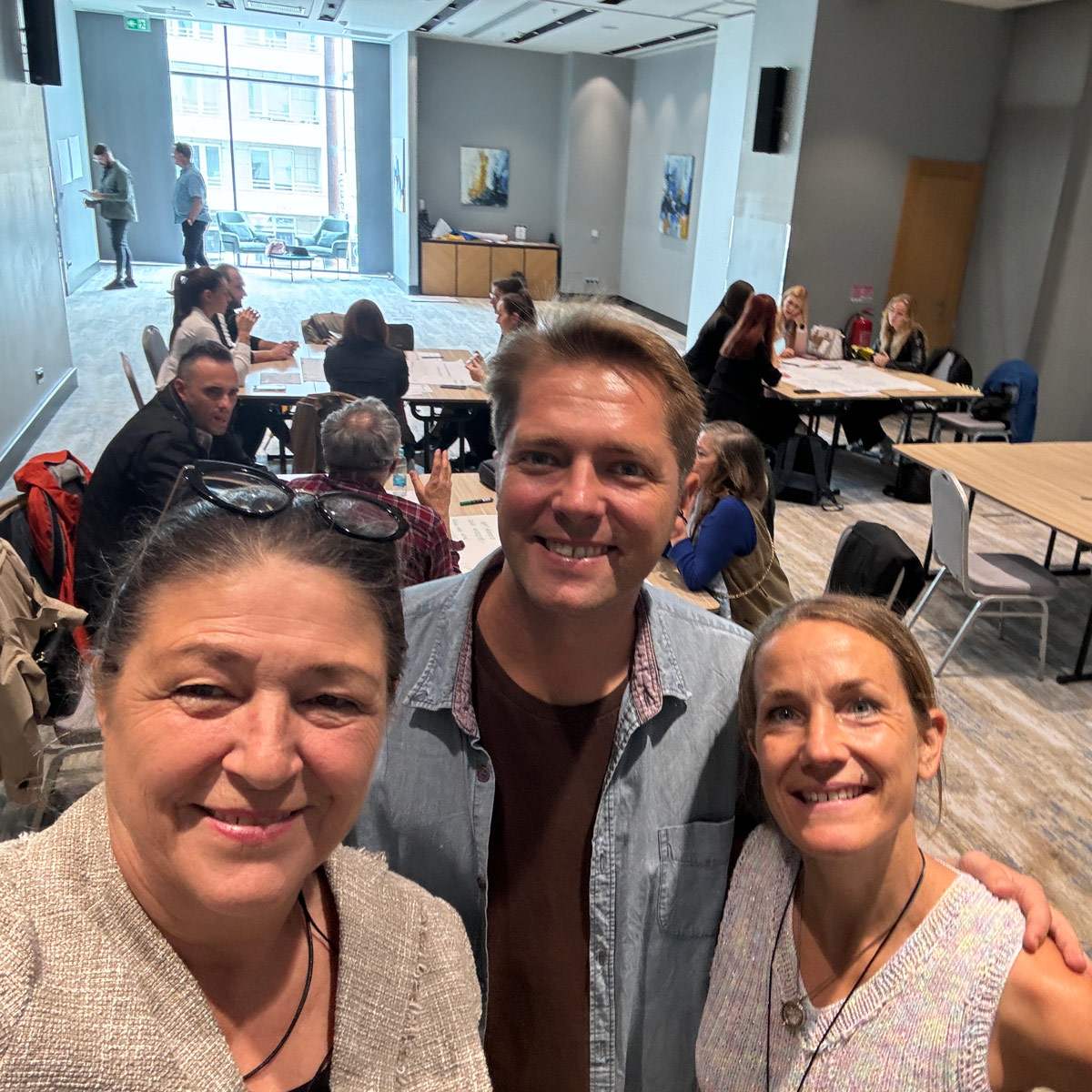
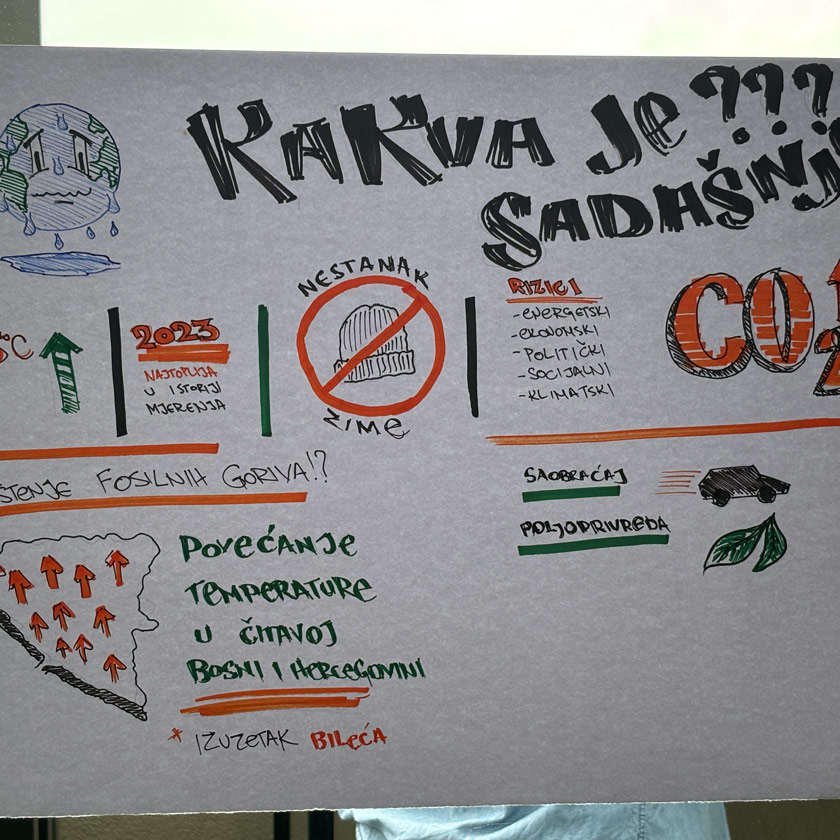
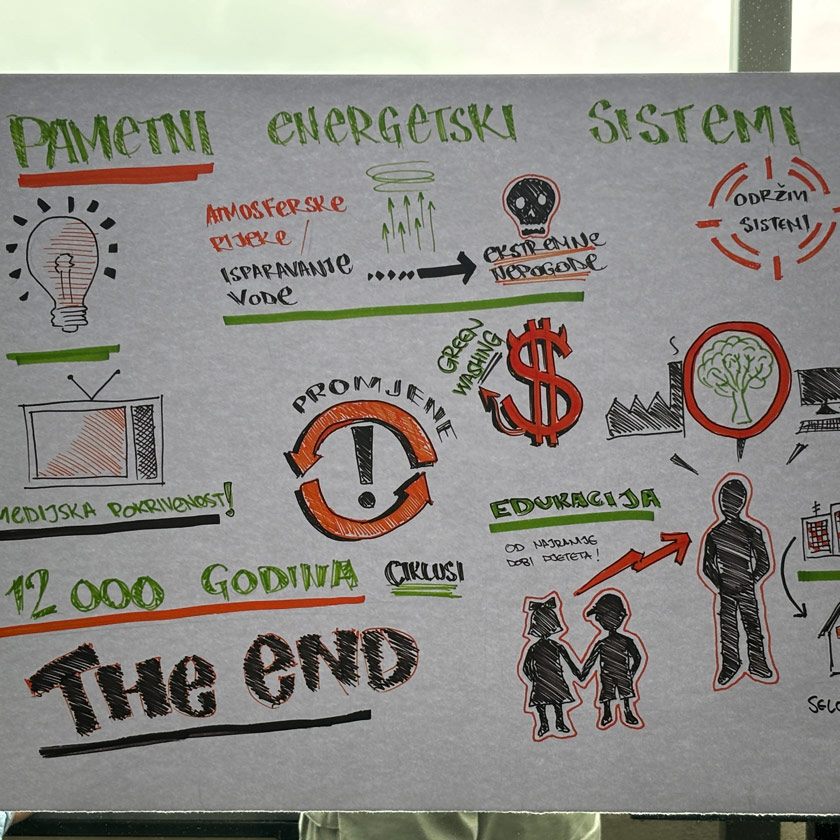
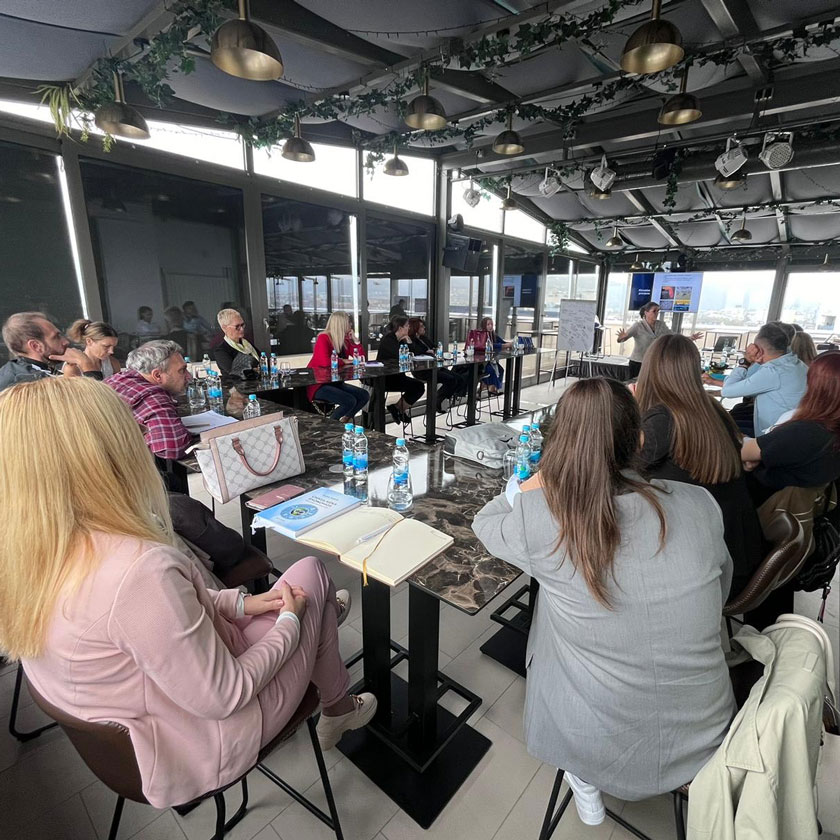
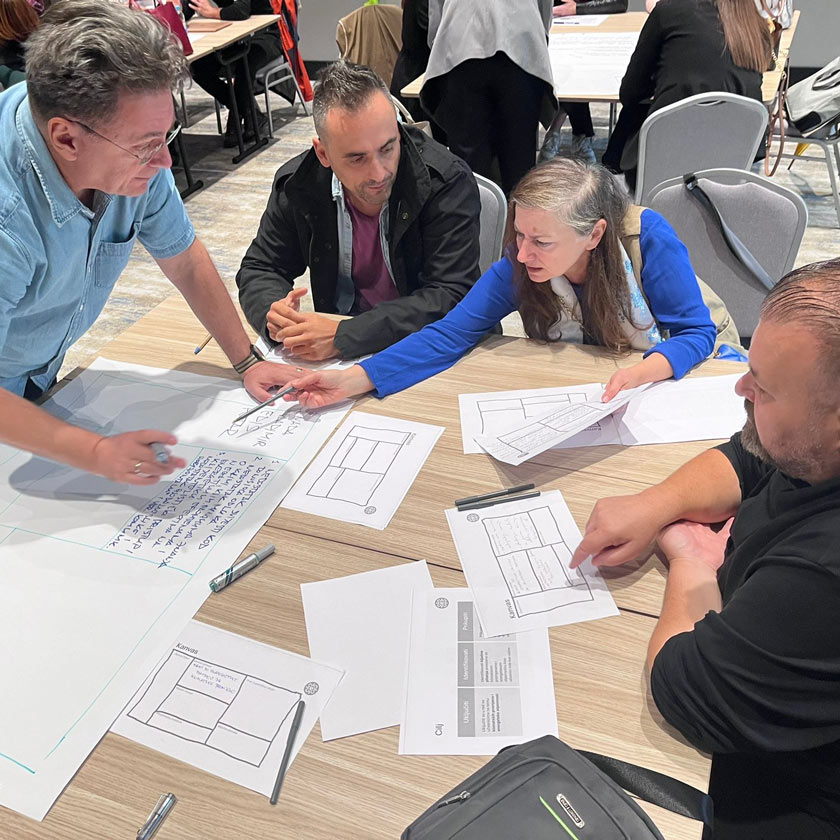
And as Lulzim Baumann, a Circular Economy and Waste Management Expert and Albanian partner in this project, stressed: “The only thing we can’t afford is to give up. Whether it’s waste management, clean energy, or any other sustainability challenge, the path forward will be difficult. But we must move forward. There’s no room for blame or shame, only for collaboration and action!”

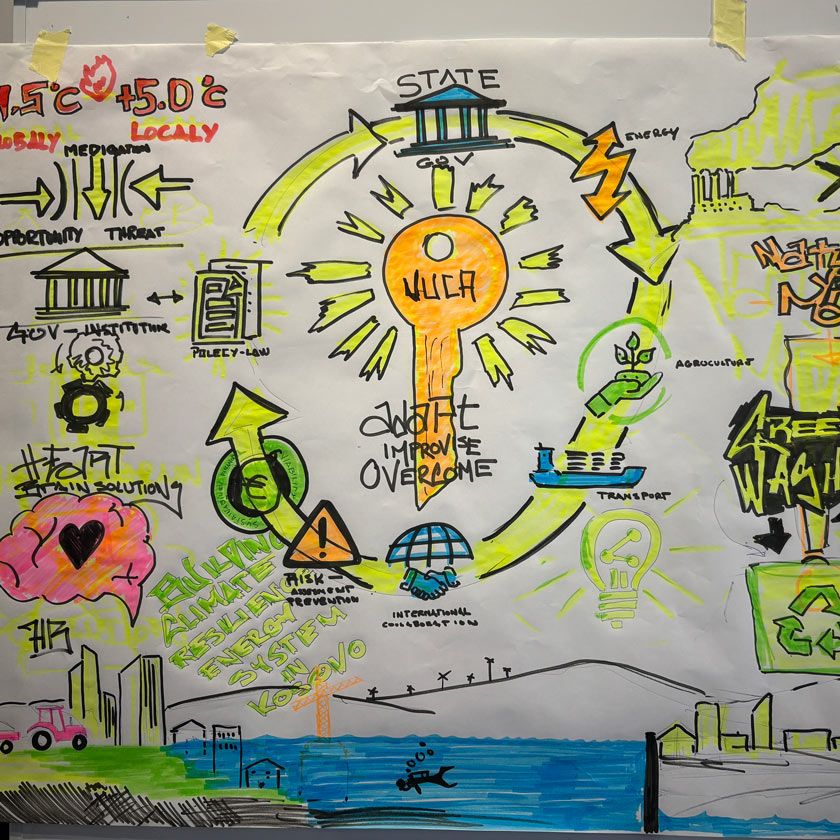
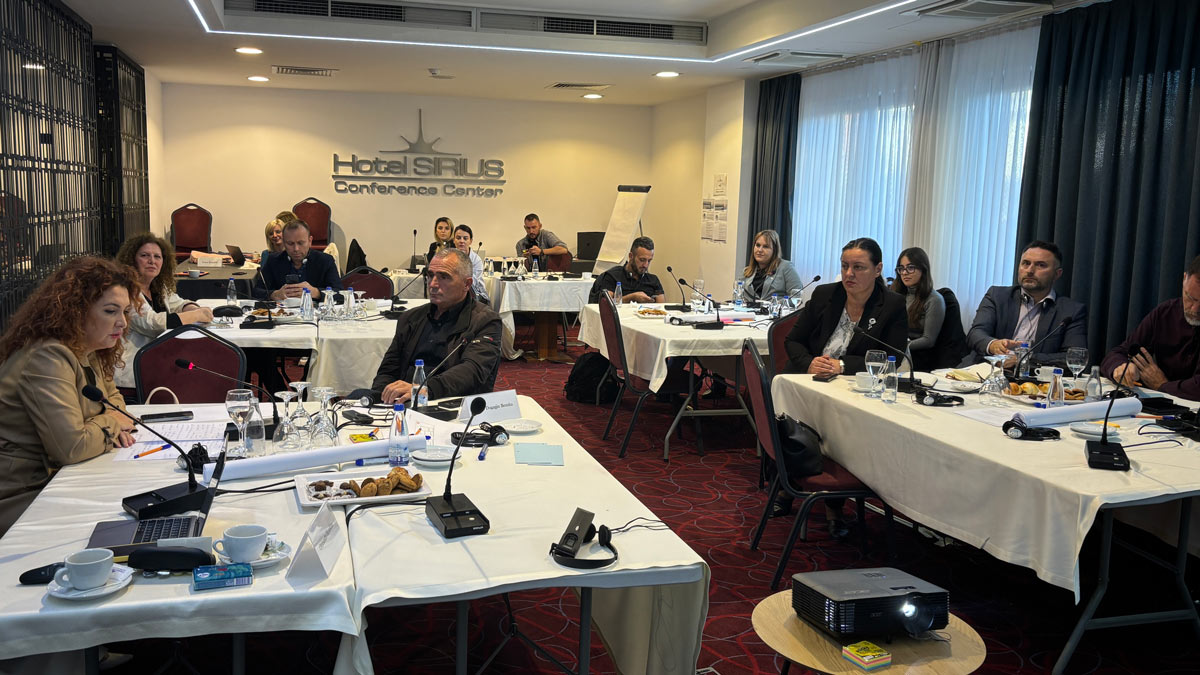
Background: The initiative, titled “Building Climate Resilience and Smart Energy Systems”, is a forward-looking project spearheaded by Dr. Violeta Bulc, founder of Ecocivilisation. This collaborative effort brings together prominent local partners, including the Youth Ecological and Security Zone (EcoZ) in Kosovo, the Center for Environmental Research and Information (Eko-svest) in North Macedonia, RecycAl in Albania, the Center for Environment (Centar za životnu sredinu) in Bosnia and Herzegovina, and the Environment Improvement Center (Centar za unapređenje životne sredine) in Serbia. The initiative is further supported by Climate Strategies.
More information and additional questions are welcome:
Dr. Violeta Bulc, founder of Ecocivilisation